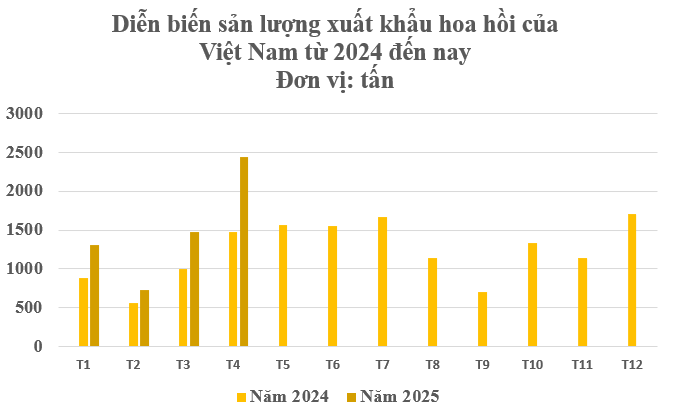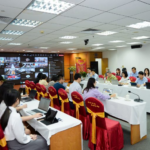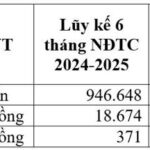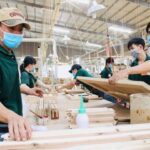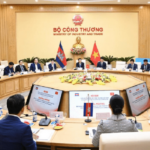According to preliminary statistics from the Vietnam Pepper Association (VPSA), in April 2025, Vietnam exported 2,436 tons of coriander seeds, earning over $9.7 million. This marks a significant increase of 65.8% in volume and an impressive 90.2% surge in value compared to the previous month. The top three exporters of coriander seeds were Prosi Thang Long, Tuan Minh, and Lam Son Ha Spices.
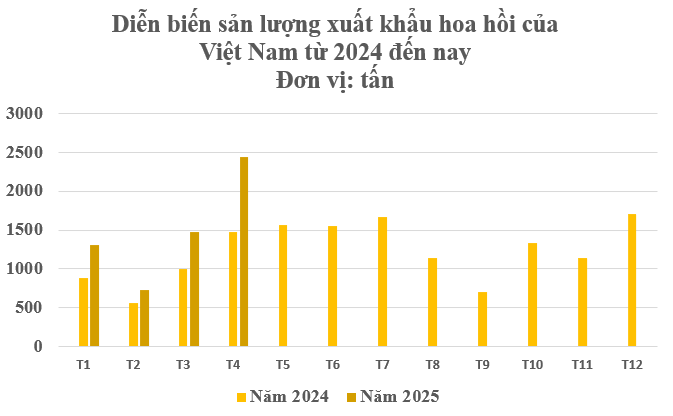
In the first four months of the year, Vietnam exported 5,931 tons of coriander seeds, with a turnover of $21.9 million, representing a 63% increase in volume and a 17.3% rise in value compared to the same period last year. India remained the largest export market for coriander seeds, accounting for 4,571 tons or 77% market share.
In 2024, Vietnam exported 14,004 tons of coriander seeds, with a total export turnover of $63.7 million. Compared to 2023, the export volume decreased by 5.7%, while the turnover dropped by 16.2%.
India has been an ideal destination for Vietnamese coriander seeds for many years. This is largely due to India’s vast population of over 1.4 billion people, coupled with a high demand for spices and flavorings in their cuisine and traditional medicine. Additionally, India is a global hub for pharmaceutical production, where coriander seeds are extensively used in medicinal and cosmetic products.
The strengthening economic ties between Vietnam and India also play a pivotal role, with trade agreements facilitating the reduction of tariff barriers and enhancing the accessibility of Vietnamese coriander seeds to Indian consumers.
To maximize the potential in the Indian market, Vietnam should focus on several key strategies. These include promoting deep processing by increasing the production of coriander essential oil and organic coriander powder to meet the diverse demands of the Indian pharmaceutical and cosmetic industries.
It is also crucial to build a strong national brand by leveraging the “Lang Son Coriander” geographical indication to showcase superior quality through exhibitions and trade fairs in India. Furthermore, actively participating in Vietnam-India business conferences and utilizing e-commerce platforms to reach Indian consumers can bolster trade promotion efforts.
Investing in technology is another important aspect, involving the application of modern techniques in cultivation, processing, and preservation to enhance quality and meet international standards.
Vietnam’s agriculture and processing industries for cinnamon and medicinal plants have entered a phase of sustainable development, shifting away from crude products and traditional cultivation methods. There is now a stronger focus on intensive processing with higher competitiveness, such as coriander essential oil and powder, and promoting production according to value chains.
Apart from India, Vietnam has potential export markets for coriander seeds in the US and Pakistan. With their large and diverse populations, these countries present opportunities for Vietnamese cinnamon and coriander, especially considering the demand for specialty products with health benefits.
The Trade Tensions Weave Uncertainty for Vietnam’s Textile Industry
In light of the US-China trade truce, while Vietnam is still in negotiations, Vinatex forecasts a stable order volume for Q3 due to low US inventory levels. However, the company predicts a potential 10% decline in orders for Q4 as purchasing power may weaken. Chairman Le Tien Truong emphasizes the industry’s need to seize the negotiation “lull” to proactively adapt and stay resilient.
The Ultimate Guide: Selling to the US Market
At this moment, Vietnamese-origin goods have a distinct advantage; businesses should not consider hiding their origins or using dual invoicing for shipments destined for the US market.
“Vietnam and Cambodia Unite to Boost Bilateral Trade to $20 Billion”
The two ministers, Nguyen Hong Dien and Cham Nimul, emphasized the significance of economic and trade cooperation, deeming it a pivotal aspect of strengthening ties between Vietnam and Cambodia. They agreed to set an ambitious target of increasing bilateral trade to 20 billion USD in the coming years.

